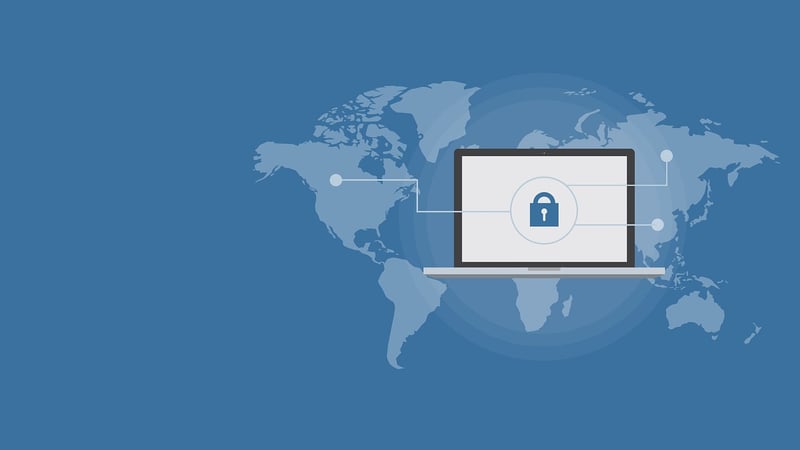Private Information
The Importance of Protecting Top-Secret Data and Private Information
In today's digital age, the protection of top-secret data and private information is more critical than ever. With the increasing reliance on technology for communication, storage, and access to sensitive information, the risk of data breaches and unauthorized access has also grown exponentially.
Why is it Important?
Top-secret data, such as government intelligence, confidential business strategies, or classified research, must be safeguarded to prevent unauthorized disclosure that could have severe consequences. Private information, including personal details, financial records, and medical history, is equally sensitive and needs protection to prevent identity theft, fraud, or privacy violations.
Best Practices for Protection
- Encryption: Use encryption algorithms to secure data in transit and at rest, making it unreadable to unauthorized users.
- Access Control: Implement strict access controls and authentication mechanisms to ensure only authorized personnel can access sensitive information.
- Regular Audits: Conduct regular security audits and assessments to identify vulnerabilities and mitigate risks proactively.
- Employee Training: Educate employees on data security best practices, including phishing awareness and password hygiene.
- Secure Communication: Use secure channels for transmitting sensitive data, such as encrypted emails or secure messaging apps.
Consequences of Data Breaches
A data breach involving top-secret data or private information can have severe repercussions, including:
- Financial Loss
- Reputational Damage
- Legal Consequences
- Identity Theft
- Data Manipulation
Conclusion
Protecting top-secret data and private information is crucial to safeguard individuals, organizations, and nations from potential harm. By implementing robust security measures, staying vigilant against emerging threats, and fostering a culture of data protection, we can mitigate risks and ensure the confidentiality and integrity of sensitive information.

